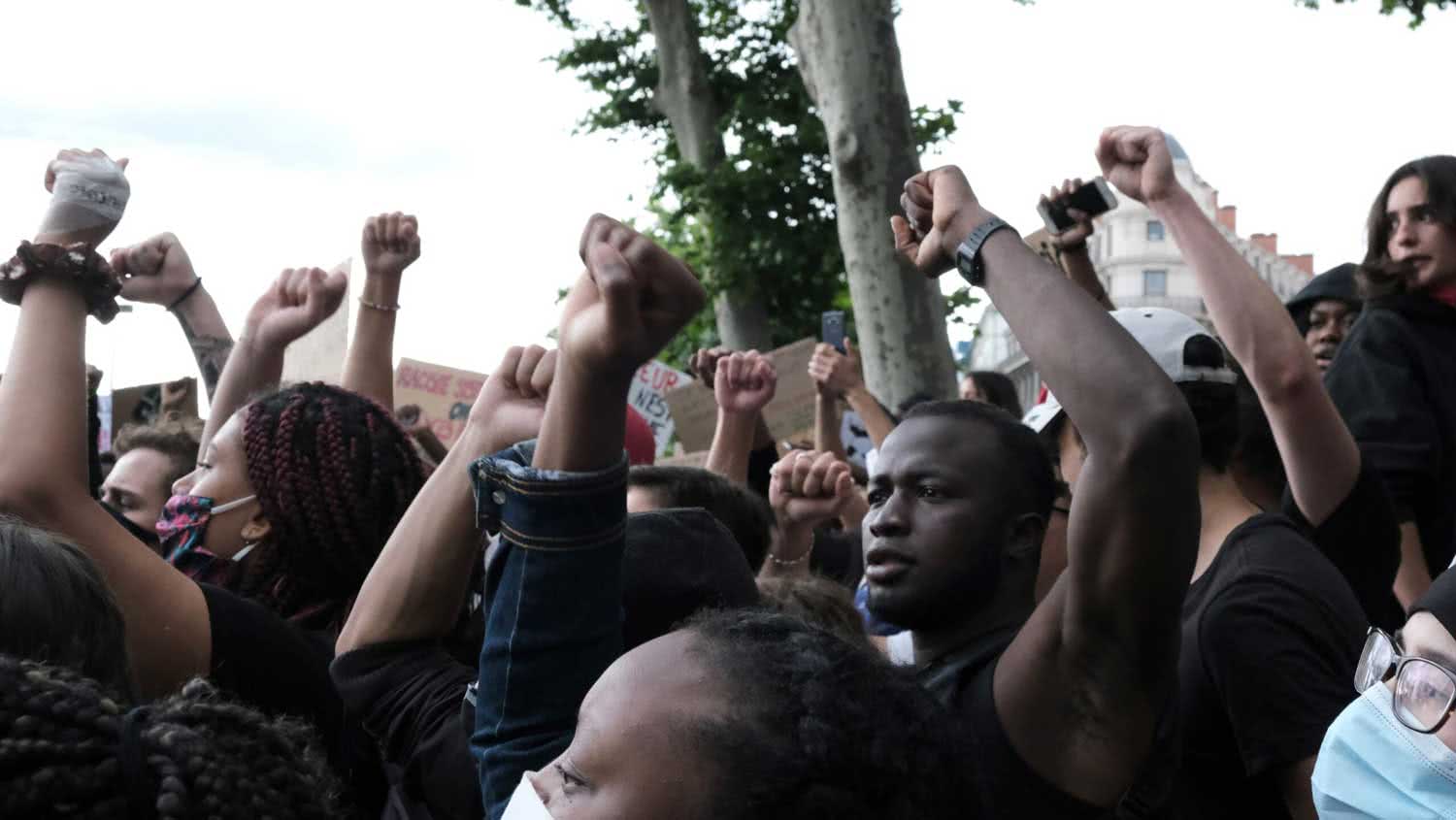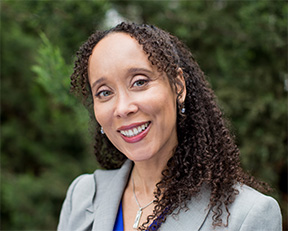June 24, 2020
In the past several weeks, I have mostly been feeling quiet and contemplative. At times, I have wept for George Floyd and for anyone who died powerless at the hands of someone who was supposed to protect them. I’ve also wept for citizens and officers who are being physically and psychologically harmed right now.
I have spent this past year supporting positive relations between black communities and the police. As a FUSE executive fellow, my year evaluating the Pittsburgh Police’s relationship-based pilot has allowed me to gain perspectives from both the law enforcement professionals I worked with and the Black community they serve. I’m sharing my thoughts in the hopes that they will help someone else.
False binaries
First, there is no “us” and “them.” There is only us. And when things like this happen to us, I tend to take a long and broad historical perspective to prevent from the errant belief that the situation is unique and from asking, “How will we ever recover?” I don’t think that way, because humans are creatures of pattern. History tells us that revolutions are usually necessary and most often lead to positive societal change. Some revolutions are quiet and subversive, but most are violent. However they transpire, they most times are in response to people seeing a chasm of fairness between how certain groups are treated and knowing it’s wrong. From those ashes needed change usually grows.
I also separate those looting from those protesting. History, both general and personal, tells me that there will always be people ready to take advantage of a situation to serve their agenda, just like there are some police who take advantage of their position of power. But the majority of people are out there protesting for the right reasons, just like the majority of police get into this career for the right reasons; both are committed to helping people. In this, these groups have a shared interest. It’s unfortunate that the importance of the message can get lost when violence devolves the conversation. Martin Luther King Jr. and Gandhi agreed with me on that, so I’m secure in the company I keep there.
A social contract
But I also understand. Between police and citizens, there is a social contract that police will keep us safe. When they do the opposite, the contract is broken, and people expect there to be consequences. Many times there aren’t, and history has shown us that power can be corrupting.
Throughout history, we have seen examples of police serving the wrong interests — whether early marshals returning slaves to their slave owners, upholding Jim Crow laws and being part of the KKK, hosing down and turning dogs on peaceful protesters during the Civil Rights Movement, or over-policing black neighborhoods during the Say No to Drugs campaign, while white neighborhoods were left alone to enjoy their cocaine. Or when officer Timothy Loehmann killed 12-year-old Tamir Rice for holding a toy gun in a playground, within seconds of pulling up, without any consequences. Just like officer Derek Chauvin, who had 17 serious complaints against him, but was still allowed to wear the badge and kneel on George Floyd’s neck for nearly nine minutes, while he begged for his life.
It’s easy to assume that because a police officer, or even a group of officers, engages in reprehensible acts that police as individuals and as an institution have not been genuinely working to be better, but that would be a mistake. There are plenty of law enforcement professionals who agree that this was wrong on the deepest human levels. They also know this kind of behavior ruins it for all the other officers trying to do the right thing every day.
I do not believe officers leave for their shift thinking it would be great to shoot someone. That’s not why they become officers. They have souls and families, and the job is dangerous and stressful; it can take a tremendous toll. Most officers I’ve spoken with are not looking to add taking a life to that stress. They are killed all the time while stepping in to help people. I myself lost a friend that I made while doing this work who was an amazing, kind man. The best of us.
Building trust
This past year, I worked with a truly thoughtful, intelligent group of officers who have made sincere efforts to make the citizens in the neighborhood they serve feel heard, respected, and safe. The geographic policing pilot I evaluated is designed to increase familiarity and trust between officers and a specific community. I evaluated the pilot by observing and looking at what other departments are doing to improve this one. I also spent time every day watching these officers police. They became my friends, and they have been there for me. I can tell you right now with all the certainty I possess that none of them would ever kneel on the neck of someone in the neighborhood they protect. I can also tell you that they have a different kind of accountability, because they are known in their neighborhood — and liked. This makes their job better and makes it safer for those officers and citizens.
Another part of the work was taking surveys and holding focus groups with the community, which has experienced a history of extreme violence. They wanted police there but did not want a police state. I’ve talked to those citizens. I asked for their unfiltered opinions. The takeaway is, they like and trust their officers. They want them there, because the people who take advantage of an opportunity to be violent in their neighborhood are not getting away with it anymore. Those residents’ streets, and therefore children, are safer. That is thanks to these police. This is an example of how policing should, can, and does happen. As someone from the Urban Institute said recently on a call regarding community policing during COVID-19, many people don’t trust the police, but most trust their police. I agree, and it’s honestly a mistake to let this incident unravel all the positive work and trust that’s been created by this and similar police-community efforts.
We have to stop with binary thinking and assumptions. Is more effort necessary on the part of law enforcement agencies to prevent violent and racist people from entering the force and to weed out bad cops? Of course. Does that mean they don’t? No. There are a lot of things that need to be better, it’s true, but don’t assume it’s not happening anywhere. The fact that the Pittsburgh Police gave me free rein to nitpick over their relationship-based policing pilot, so they can see what’s working or not and expand these geographic assignment models, is one example. There are a lot more out there.
We’re dealing with a long history. The change might be slower than we like, but it’s possible. Do not think civil war is the answer — because we know what that looks like. Don’t think we’re not in this all together. We need to work together to make this better, and I know we can do that, because history tells me so.
Photo credit:
Alexis Fauvet on
Unsplash 

